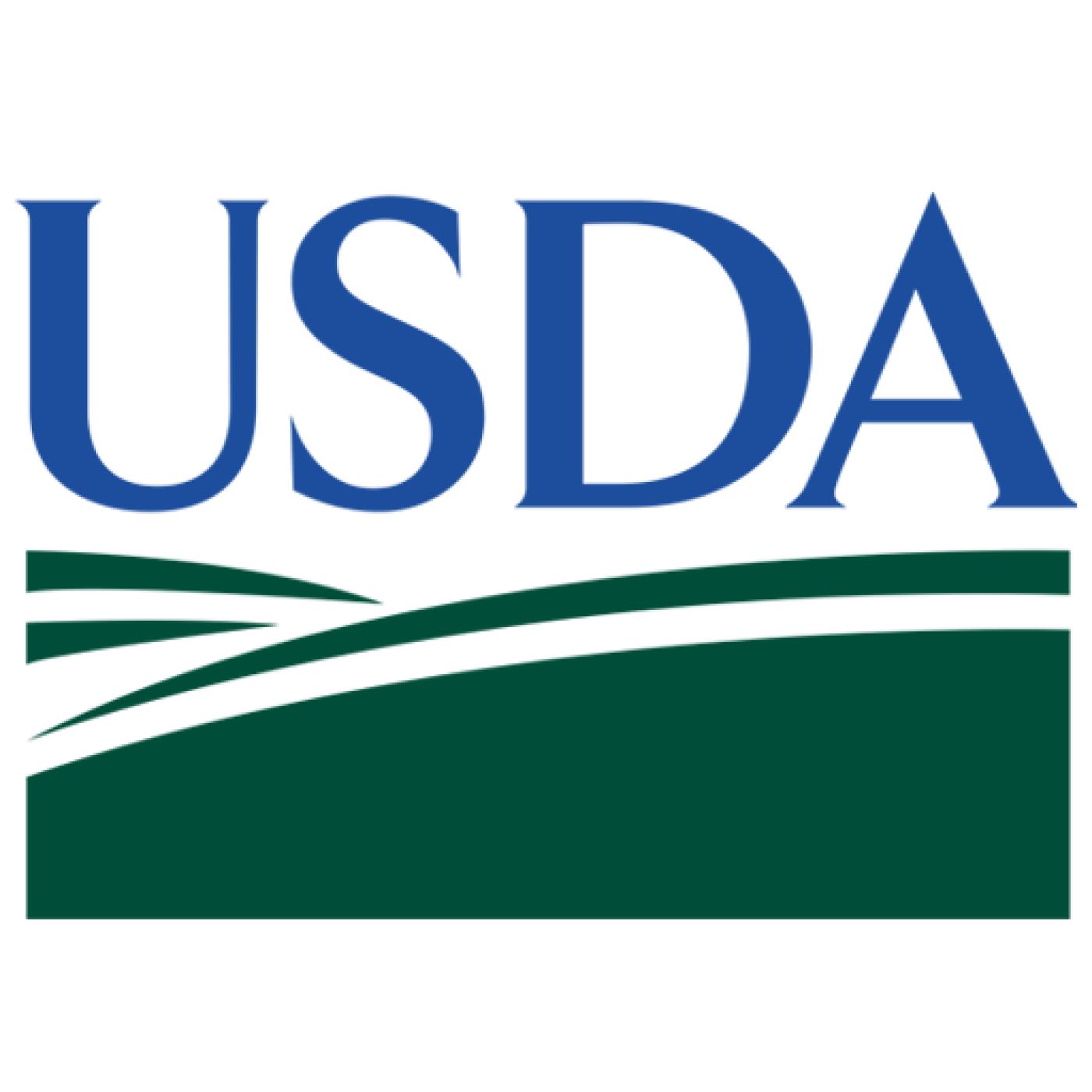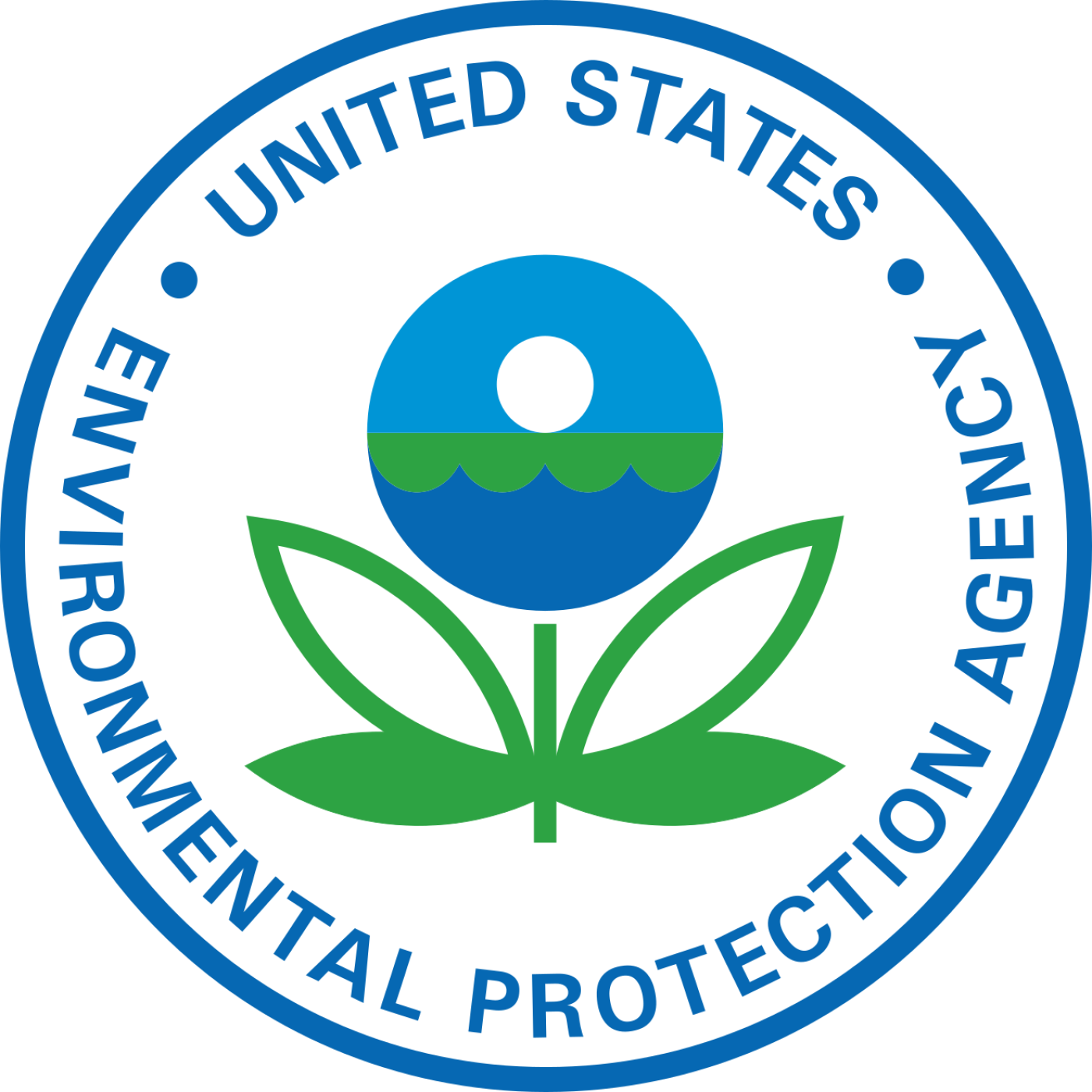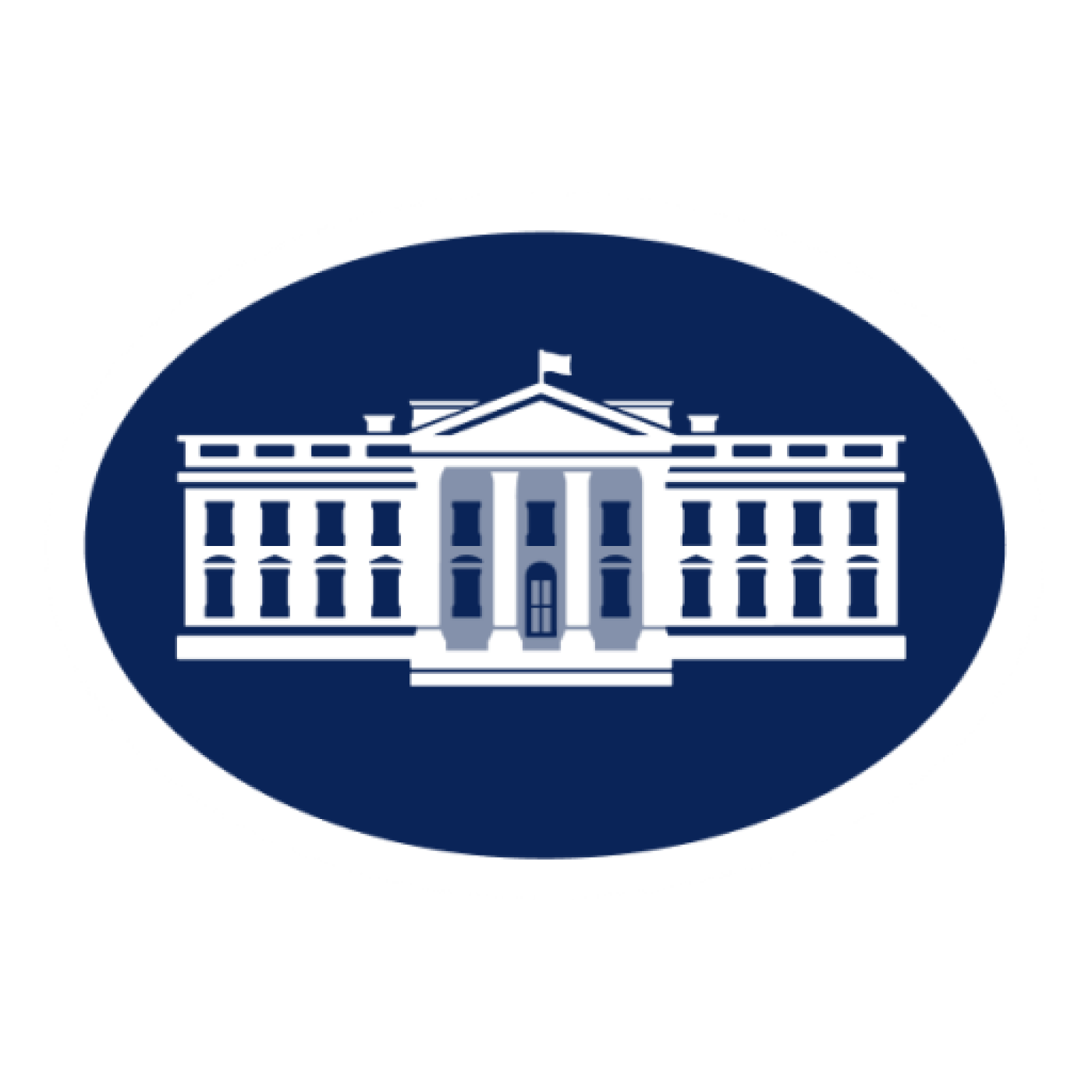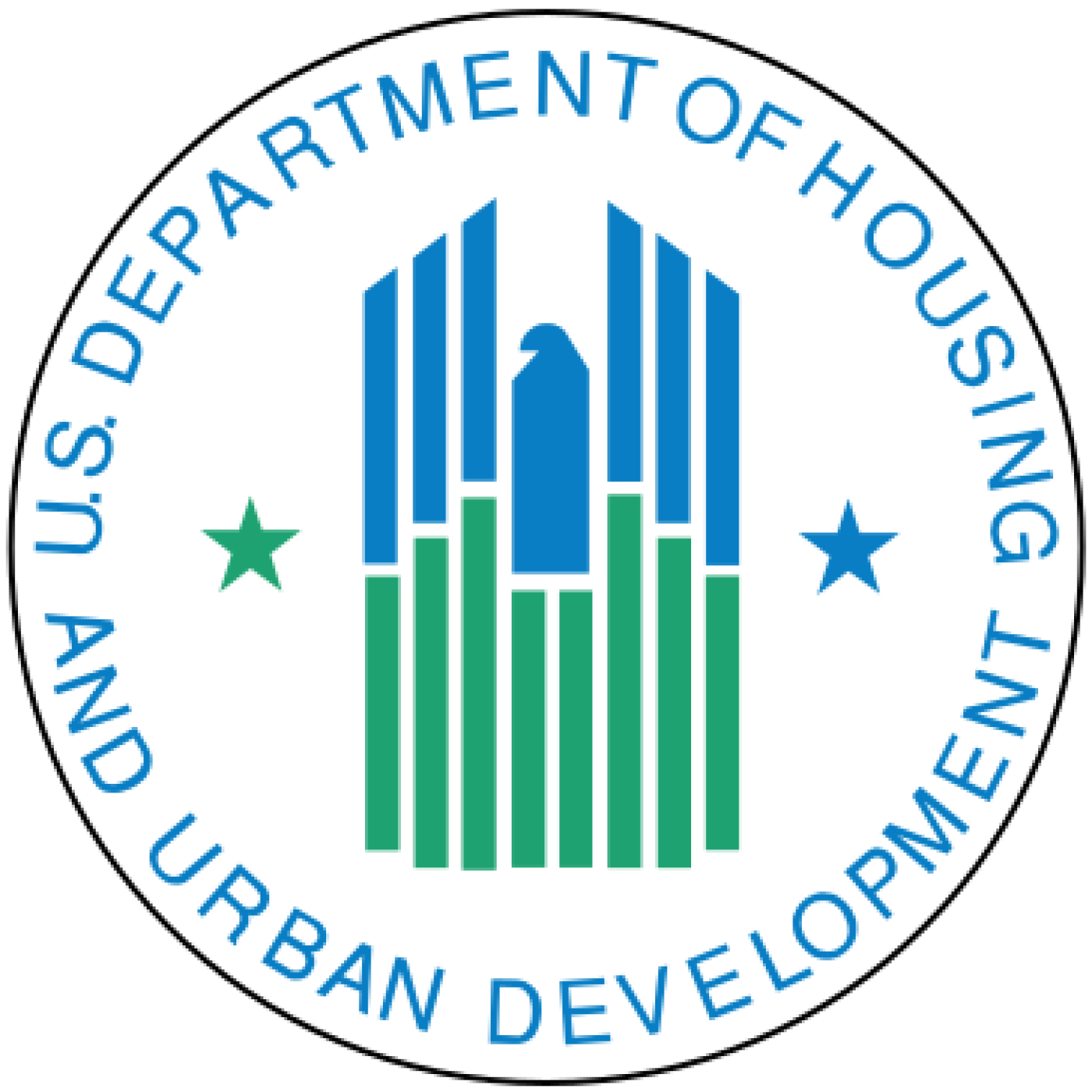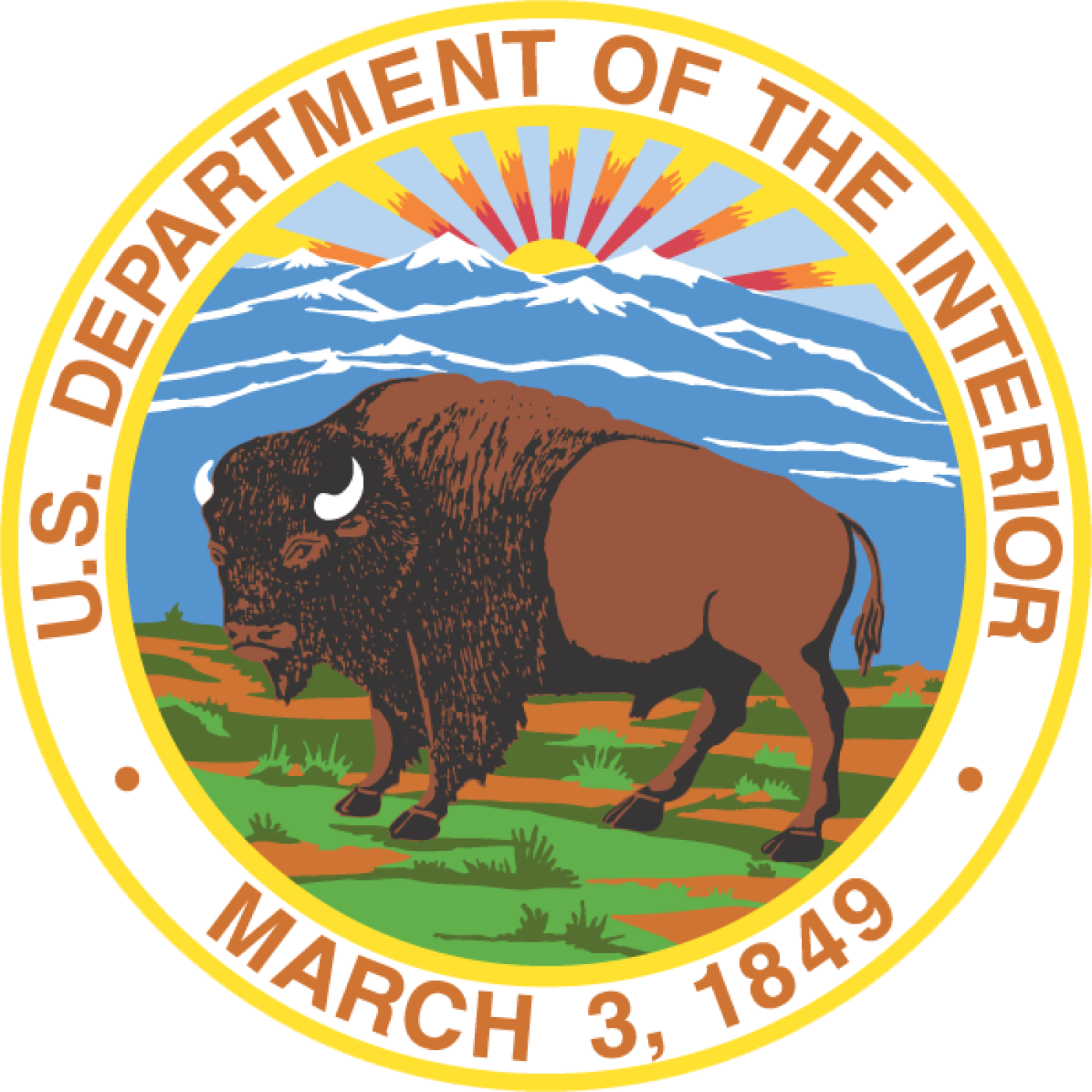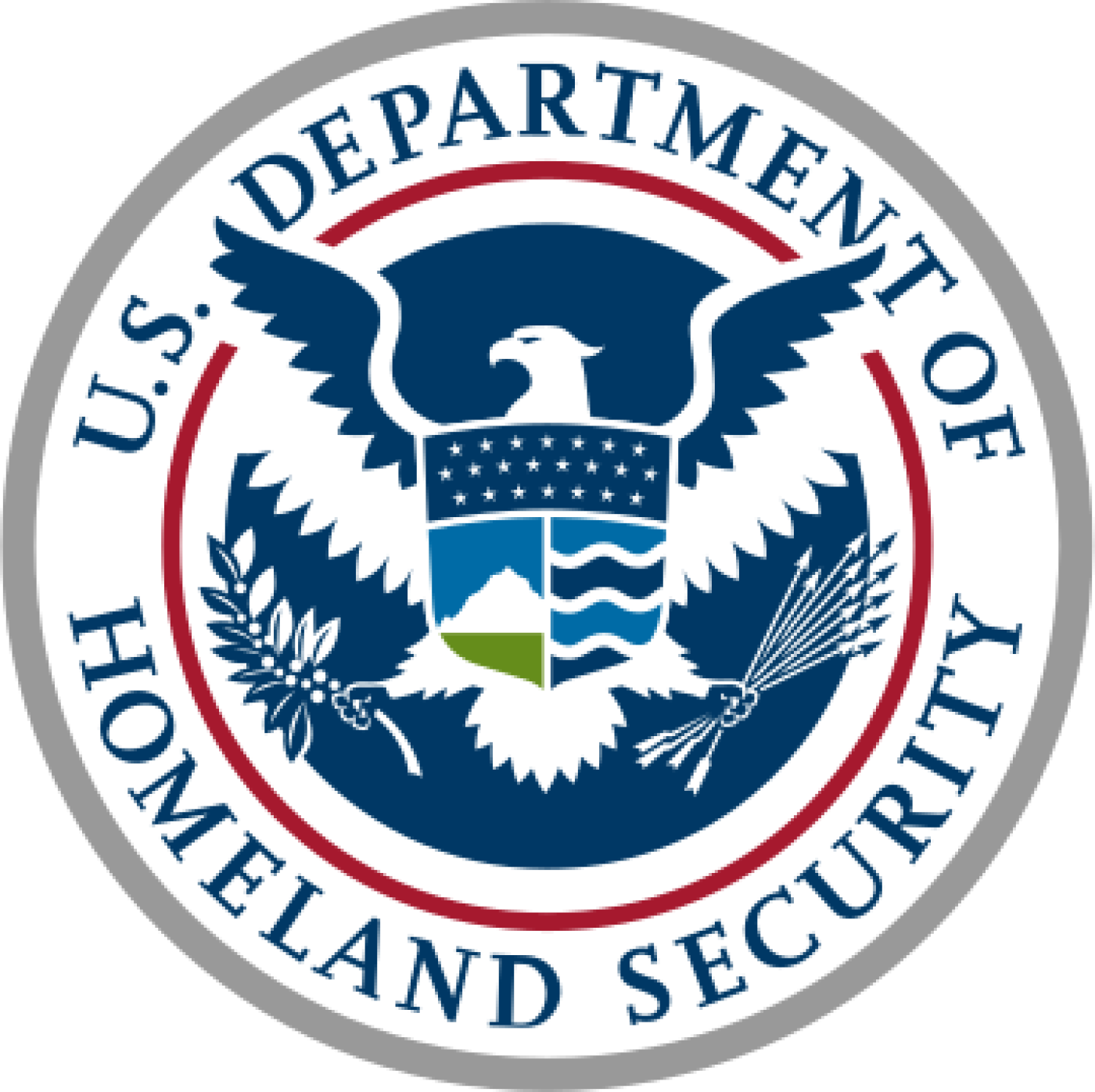Tribal Behavioral Health Initiative and Agenda
HHS released its Roadmap for Behavioral Health Integration, which leverages President Biden’s bold national strategy to prevent, treat, and provide long term recovery supports for mental illness and substance use disorders. As a part of this roadmap, SAMSHA has updated the National Tribal Behavioral Health Agenda to reflect the behavioral health climate post-pandemic and to improve accessibility. This new resource was the result of a deliberative process between federal agencies and Tribal Leaders, to make the Agenda more accessible, navigatable, and user friendly. Please visit:
Who We Serve
The White House Council on Native American Affairs (WHCNAA) Committee on Health supports initiatives that promote the health and well-being of all American Indian and Alaska Native people.
New Initiatives
Native Veterans Homelessness
Veterans Affairs and Indian Health Service Memorandum of Understanding
Committee Members
Leads
-
Devin Delrow
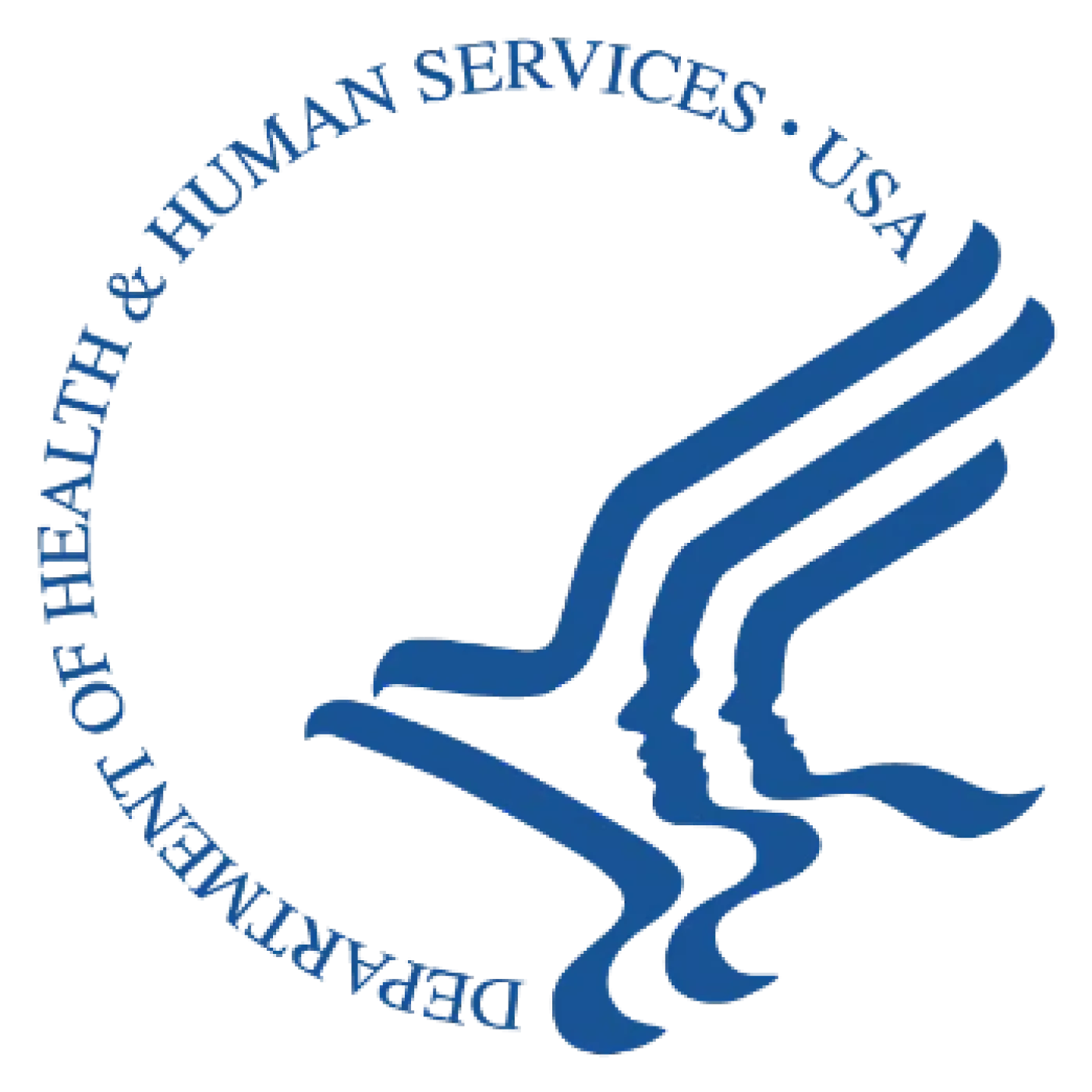
Principal Advisor for Tribal Affairs
-
Dr. Christie Prairie Chicken
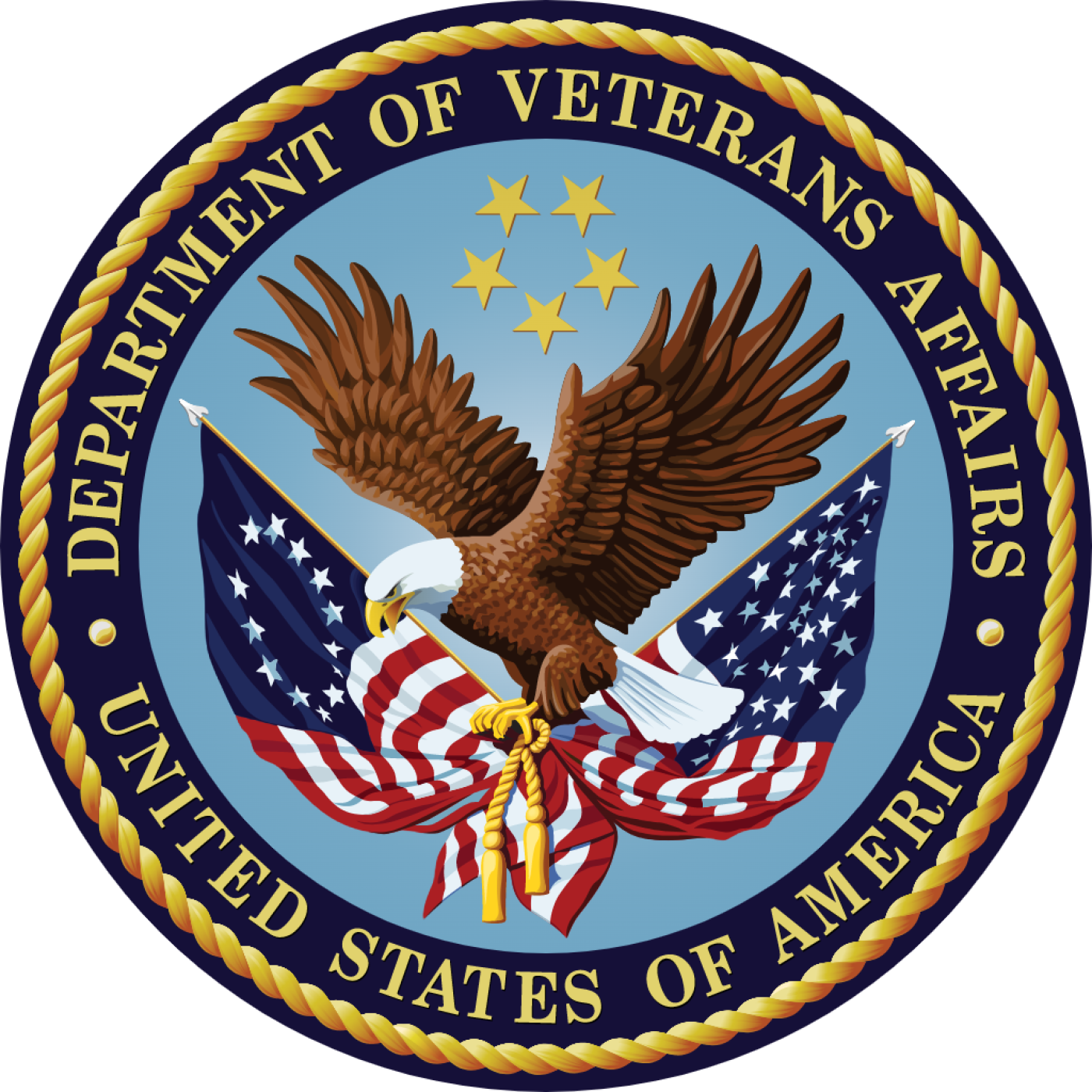
Director of Tribal Health
Participants
About the WHCNAA Committee on Health
The White House Council on Native American Affairs (WHCNAA) Committee on Health supports initiatives that promote the health and well-being of all American Indian and Alaska Native people. Prosperous and resilient tribal nations are healthy Tribal nations, and Native health is especially important as Tribes continue to recover from the far-reaching impacts of COVID-19.
Co-led by the Department of Health and Human Services (HHS), the Department of Veterans Affairs (VA), the United States Department of Agriculture (USDA), and the White House - Domestic Policy Council, the Committee’s goal is to improve federal services through interagency collaboration and coordination to overcome the health care issues faced by Tribal communities. The Committee is pursuing the following:
- Strengthening COVID-19 recovery efforts for Tribes and Tribal communities
- Improving access to federal behavioral and mental health resources in coordination with the WHCNAA Committee on Public Safety and Justice and the WHCNAA Committee on Education
- Supporting public health infrastructure development including improving access to clean water and sanitation services
- Promoting culturally competent care services to Tribal communities
- Developing Native youth initiatives in coordination with the WHCNAA Committee on Education and Native youth organizations, to support youth development and wellness


